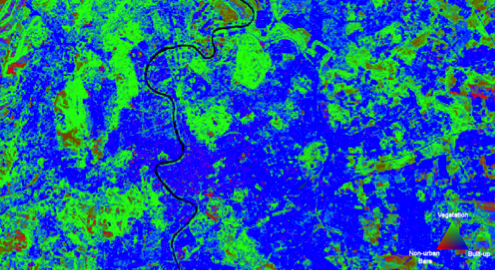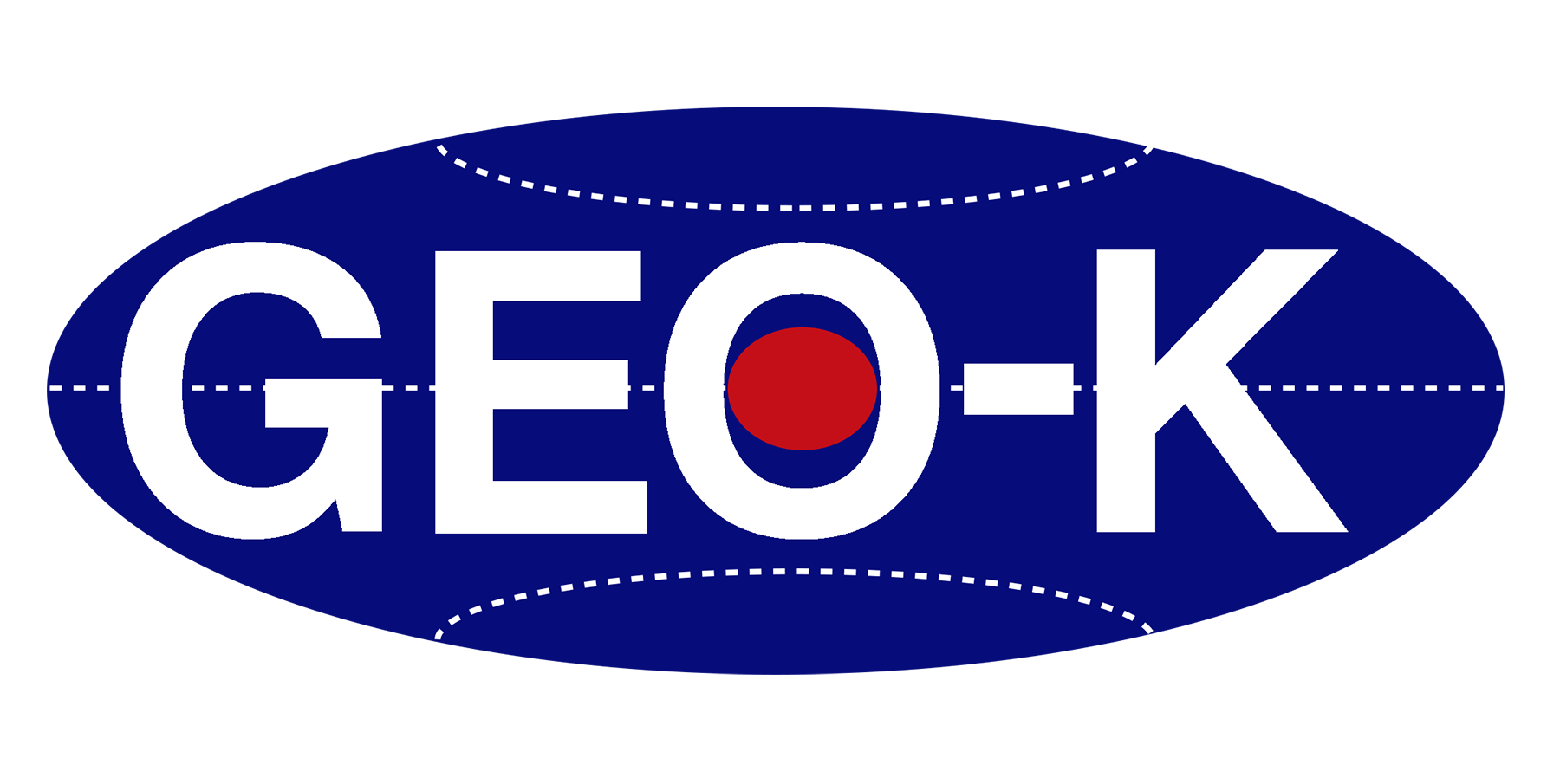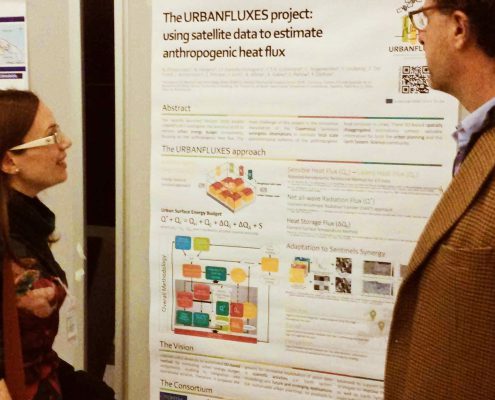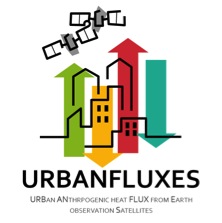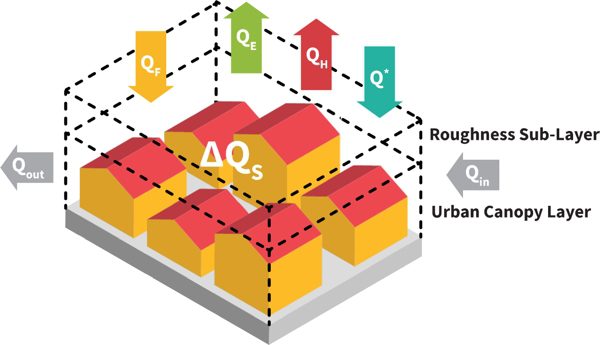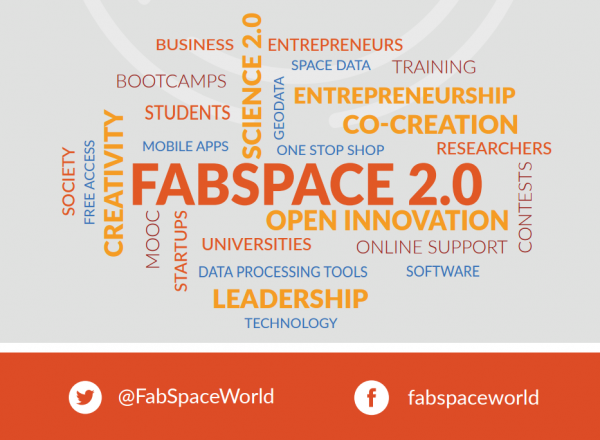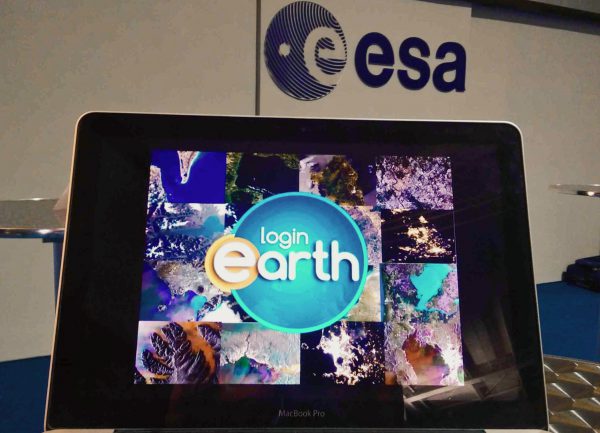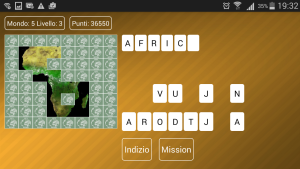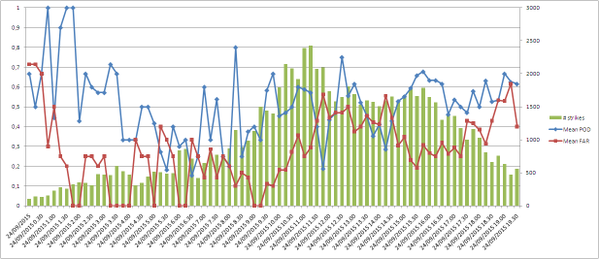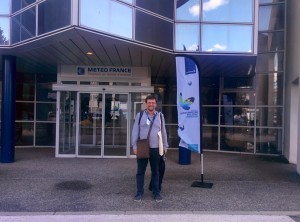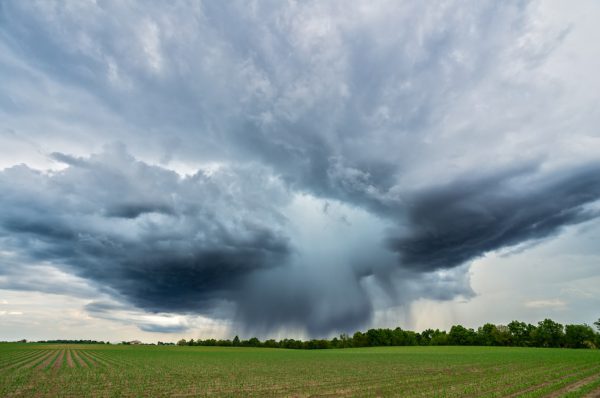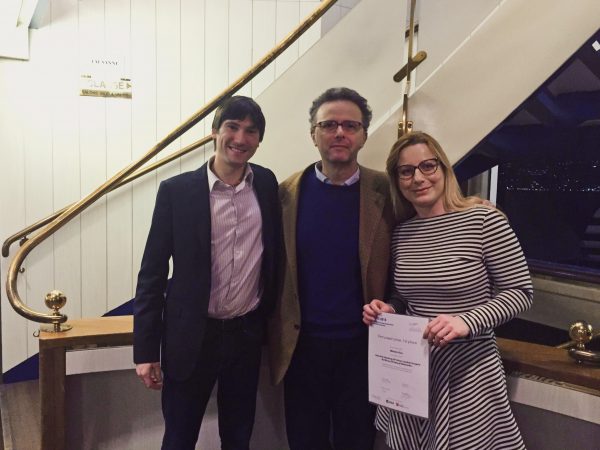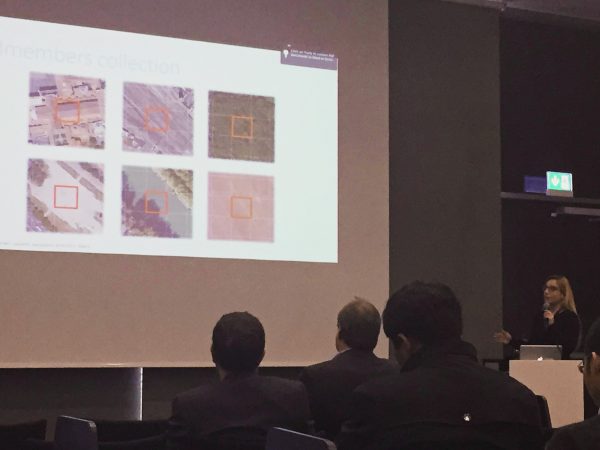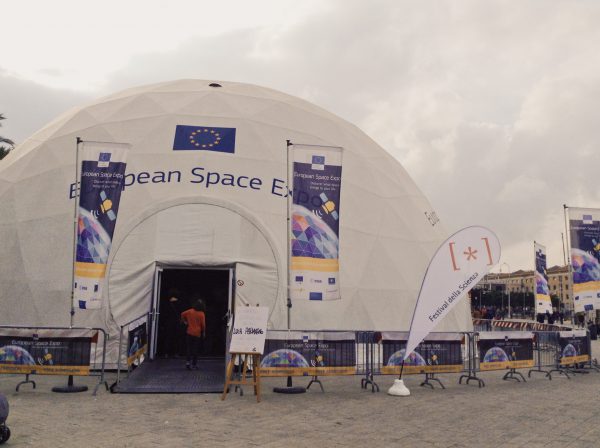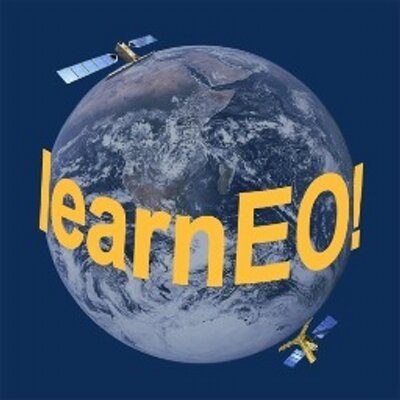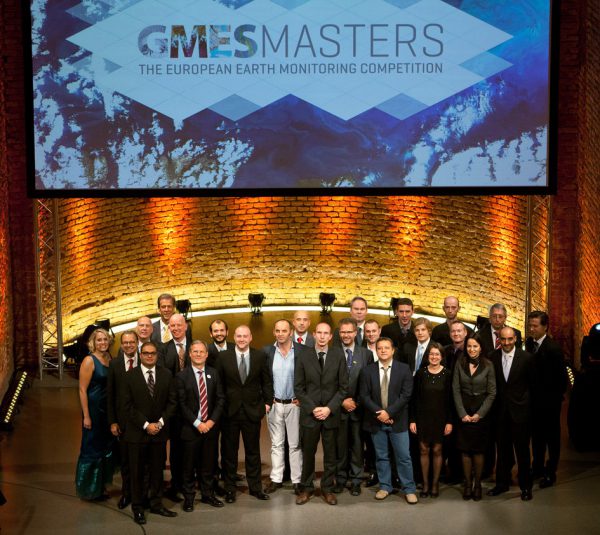The Fab Space 2.0 project (led by the French university Toulouse III Paul Sabatier) was approved under the Horizon 2020 program: 3,5 million euros to create innovative and space-oriented fab labs in 6 European countries.
Universities are the protagonists and in particular those of France, Italy, Belgium, Germany, Poland, Greece. They will become (even more) centers for innovation. According to the project partners, Fab Space 2.0 will concentrate in a single territorial area of research and innovation also the decisive contributions for a strong socio-economic and environmental effect: innovation guided by geo-information data, mainly derived from Earth observation space missions.
Universities must adopt the new role of innovation co-creators in the context of Science 2.0. They must realize the future scenario in which open data come into play in a creative environment: there, the developers who come from civil society, industry and academic research, public and territorial administrators can meet, work together and co-create new tools and new business applications.
So here is the new type of fab lab: the FabSpaces. They will be a key point in which to find large varieties of data (including ‘spatial’ data) and free tools for data processing and software, all for designing new applications. A real innovation realized thanks to the knowledge of data. The link between universities, industries, public administration and civil society will be reinforced by local and European initiatives for application development. Around 1,500 European students and researchers are expected to use FabSpaces.

In Italy, the protagonists are the ESA BIC Lazio incubator and the EO LAB – the Tor Vergata Earth Observation Laboratory.
The laboratory of the University of Rome Tor Vergata, with the coordination of Professor Fabio Del Frate of DICII – Department of Civil Engineering and Computer Engineering, will be responsible for the creation of real and virtual laboratories that will use the latest web technologies for both training and technology transfer in the fields of geoinformation and Earth Observation, all in close connection with the progress of scientific research.
“The financing of the project (356 thousand € will go to Tor Vergata / EO Lab) – says Fabio Del Frate – is a source of great satisfaction because it enhances the activities of our University and our Department especially in the field of Earth Observation“. “At the same time – continues Del Frate – the utmost effort will be needed to achieve, in collaboration with the other organizations, the objectives presented in the proposal. In particular, as a university, the ability to significantly strengthen the role of meeting point between training, research and technology transfer in the aerospace and geo-information sectors, focusing on the new generations of students and the requests coming from society civil“.
Some useful links:
Fabspace 2.0 website
Tor Vergata Computer Science, Control and GeoInformation Doctorate
